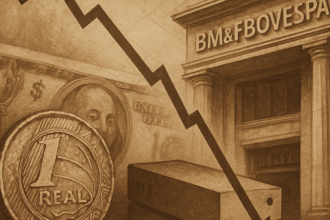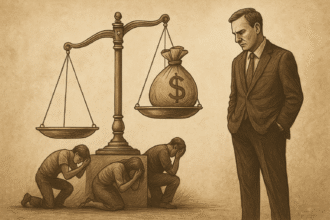Former US President Donald Trump’s new tariff proposals have rekindled alarm bells in the global economy. Although the focus of the coverage is on industrial chains and international trade, the effects of these policies could reach less obvious sectors — such as tourism and hotels in Brazil.
The exchange rate butterfly effect
The imposition of tariffs on imports tends to distort trade and put pressure on the dollar. In a scenario of global retaliation, the US currency tends to appreciate — and emerging market currencies, such as the real, tend to lose strength.
And what does this mean in practice? A cheaper Brazil for foreign tourists.
The appreciation of domestic tourism
With the devalued real, traveling to Brazil becomes more affordable for Americans, Europeans, and Latin Americans. At the same time, the high dollar discourages Brazilians from traveling abroad, which affects the domestic market: hotels, guesthouses, travel agencies, restaurants, and local experiences may feel the impact.
However, this requires preparation. More visitors require better infrastructure, professional qualifications and regional planning.
Opportunity disguised as crisis
The tourism sector can turn this scenario into an advantage. It is time to invest in authentic experiences, promote destinations beyond the Rio-SP axis, establish regional partnerships and, most importantly, position Brazil as a valuable destination in the global market.
The combination of a favorable exchange rate and international instability can, paradoxically, strengthen Brazilian tourism — if there is a strategic vision.
Conclusion
Brazil is not at the center of the trade war, but it can reap the benefits of it.
Tourism, often overlooked as a development tool, can gain prominence. To do so, less improvisation and more market intelligence are needed.
The time to act is now.




